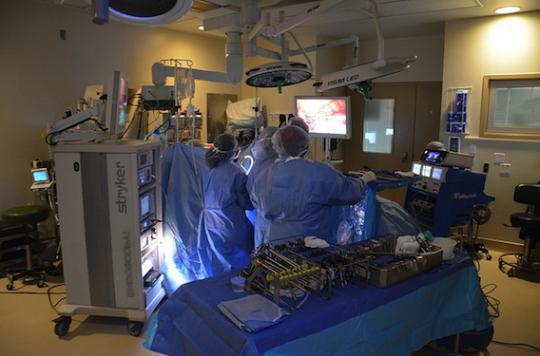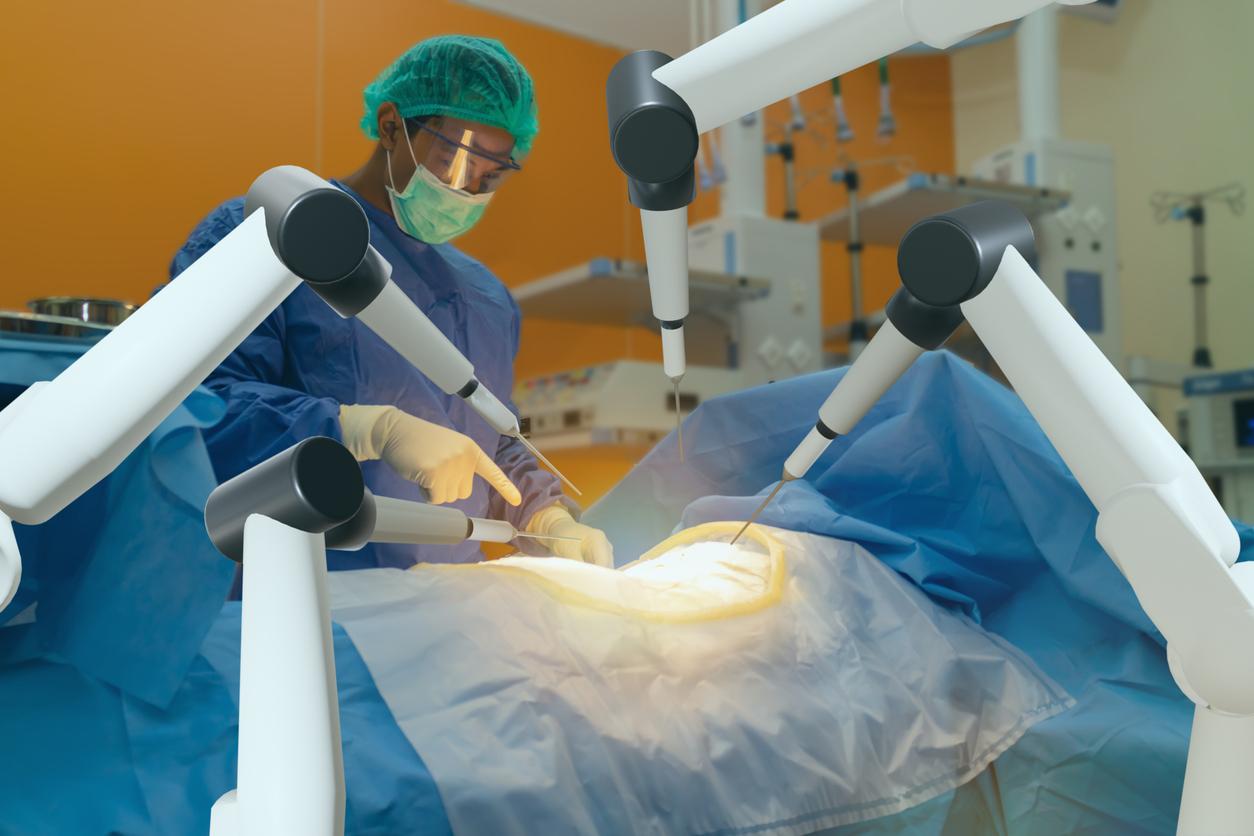The Biomedicine Agency will carry out a national campaign to educate the general public and doctors about kidney transplants from living donors.

Developing kidney transplants from living donors is a necessity, says the Biomedicine Agency, which is launching its national campaign on October 17 to promote living donation. Until October 30, short radio spots will be broadcast “to improve the knowledge of the general public and remove the brakes on this act which constitutes an alternative to donation from deceased persons”.
In 2015, 16,529 kidney transplant candidates were on the waiting list. They represented more than three-quarters of the national waiting list, all bodies combined. The vast majority of these patients suffer from end-stage chronic kidney disease and have to spend hours on dialysis each week because their kidneys fail them. For these patients, kidney transplantation is the last-ditch treatment.
More than 3,400 of them were able to benefit from a kidney transplant last year, including 547 thanks to a living donor. “A therapeutic option which is more and more practiced but still insufficiently known”, regrets the Biomedicine Agency. Because the transplant from a living donor is the best option for these patients.
Reach 600 transplants in 2016
Access to the transplant in a shorter time, reduction of the time spent in dialysis, operation scheduled in advance, reduction of anti-rejection treatments … Thanks to this transplant, the recipient sees his quality of life improve and regains autonomy for at least 10 years against 6 years for a donation from a deceased person. A donation that has no negative long-term impact for the donor. A study carried out in France has shown that 98% of donors would do it again if it had to be done again.
But a loved one must still agree to give and be compatible. Because the Biomedicine Agency recognizes it, the subject is still taboo, even in families. Parent, grandparents, siblings, spouse, friend … For 5 years, any person providing proof of living together or of a close bond with the recipient of at least 2 years can volunteer. No age limit exists, but only adults can be sampled.
With this new campaign, the Biomedicine Agency hopes to address the concerns of those around patients awaiting transplants and “promote this altruistic gesture” to reach 600 kidney transplants by the end of 2016.
.









-1730888646.jpg)





